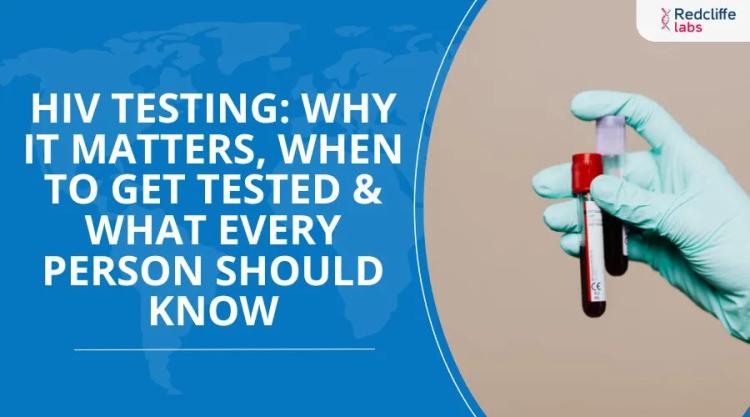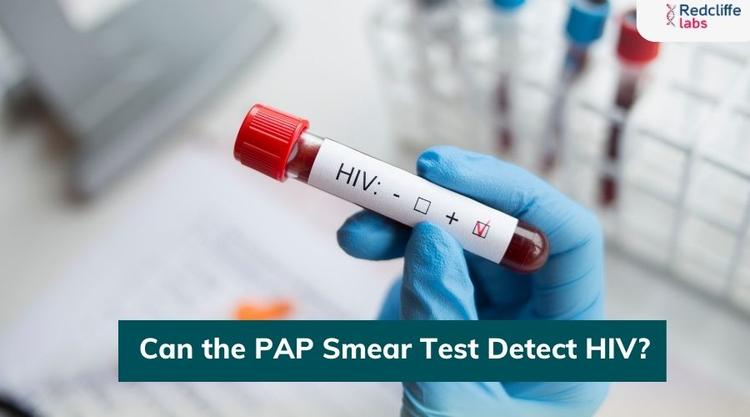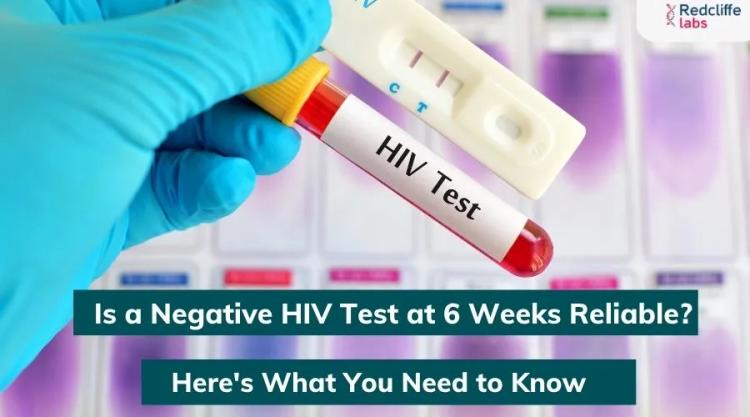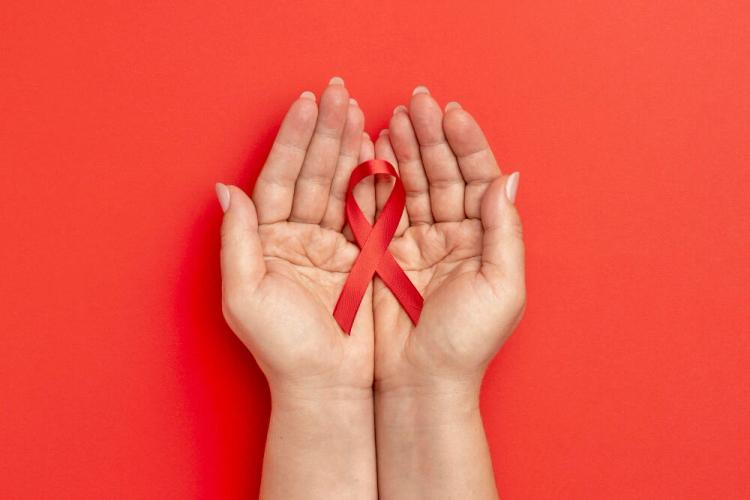What Is HIV? HIV Symptoms And Treatment

Medically Reviewed By
Dr Divya Rohra
Written By Komal Daryani
on May 4, 2022
Last Edit Made By Komal Daryani
on Jan 8, 2025
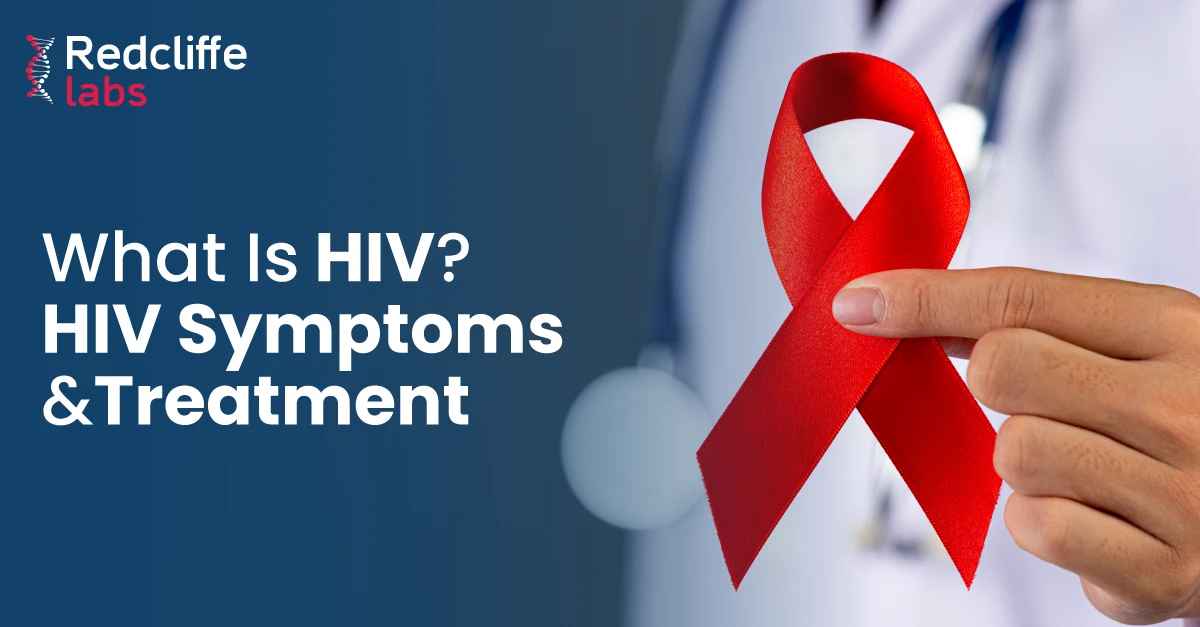
Some people easily give up on medical treatments for life-threatening diseases because of a lack of knowledge and lifelong treatments. Moreover, they become more confined due to the discrimination they face at home, in the community, and at work and the stigma associated with disclosing HIV disease publicly.
What Is HIV?
The human immunodeficiency virus (HIV) is a virus that attacks the cells and weakens the immune system of an infected person. Thus, such a person becomes easily prone to other diseases and infections.
HIV infection is the first step towards AIDS (Acquired Immunodeficiency Syndrome), which is more lethal and life-threatening than HIV infection. But now, improved treatments are enabling HIV patients to live longer and lead normal lives like others.
What Is AIDS (Acquired Immunodeficiency Syndrome)?
AIDS, or acquired immunodeficiency syndrome , was first detected in 1981, and it occurs when the body’s whole immune system is completely damaged by the virus, or HIV. In fact, AIDS is an end stage of HIV.
Progression of HIV into AIDS can only be stopped by taking prescribed medication or receiving HIV treatment on a persistent basis. With AIDS, a patient can get a variety of life-damaging infections easily, making it more challenging to save their lives.
Symptoms Of HIV Infection
HIV is a lifelong disease that has no cure and manifests various stages throughout life, so the symptoms can also vary at each stage.
Stage 1 or Initial or Acute stage of HIV infection
After immediately catching the HIV infection, one can feel flu-like symptoms within 15 days. These symptoms include fever, headache, muscle or joint pain, rashes, fatigue, sore throat, mouth sores, and diarrhea, which may last for a few weeks or days. This is also known as the primary or acute phase of HIV infection.
Stage 2 or Chronic HIV infection
If someone catches HIV infection unknowingly, they may not be able to take the treatment of HIV. Slowly, over time, it develops into a more severe form and starts to weaken the immune system passively and worsen the health condition. This is a latent stage of HIV infection, also known as a chronic stage of HIV infection. This stage doesn’t show prominent symptoms but can transmit the infection to others. Stage 2 may last up to more than 12 years.
Late stage of HIV infection or AIDS
Without proper treatment or lack of treatment for years, it may cause AIDS, which is also known as a late stage of HIV infection. The main symptoms of AIDS are:
- Sudden and unintended weight loss
- Fatigue, weakness, and reccurring fever
- Chronic diarrhea
- Swollen lymph nodes and night sweats
- Blotches or rashes on skin, mouth, eyelids, and nose
- Memory loss, mental fogging, and depression
Other infections like pneumonia can occur simultaneously because of the body’s inability to fight off such opportunistic infections.
Treatment For HIV Infection
People with HIV can prevent its transmission to others and can live a better life by taking specific drug therapy, known as "antiretroviral therapy." The timing of medication from starting and detecting the disease is more helpful in improving the quality of life. Anyone can get an HIV infection, but its prevalence mostly depends on demographic and social factors.
If someone is found positive for human immunodeficiency viral infection, immediately starting medical treatment and staying on treatment until the virus becomes almost untraceable in the blood helps a lot. It protects the life and immune system as well, and also lessens the chance of spreading it to others. Treatment should be started as soon as possible after the detection of the virus.
There are more than 25 types of HIV drugs available that prevent the virus's replication. Early on, HIV patients had to consume more medications, which made sticking to the routine more difficult to follow. But now, new drug combinations are available in the form of 2 or 1 pill, requiring less medication, and it has also made it easier to take medication continuously.
HIV testing is more important in this situation because early diagnosis allows for the initiation of ART (Anti-Retroviral Therapy) treatment
About HIV Test
For testing HIV infection, blood, saliva, and urine samples are needed, and the available tests are able to detect all the stages of HIV infection easily. Test recommendation depends on recent exposure or previous exposure to HIV infection.
NAT or Nucleic Acid Test
If the patient shows prominent symptoms of acute HIV infection, a NAT, or nucleic acid test, is performed to detect genetic material of the virus in the blood. It has been done after one week to four weeks of HIV virus exposure.
Antibody & Antigen Test
This test predicts the recent as well as late HIV infection stages. This test is also classified as a rapid test because it provides results within 30 minutes of blood testing using the finger prick method. If the test is performed by drawing blood from a vein, the results may take longer. Depending on the method of performing the test and the time, the former test method (rapid) is more expensive. This test is usually done between 18-45 days after HIV exposure.
Antibody Test
This method uses saliva or blood pricking from the finger by using a cotton swab and a needle, respectively. This test helps in detecting chronic or past infections of HIV. It can be performed within 3 weeks to 6 weeks of infection.
Apart from the above tests, a doctor may also recommend additional tests for more confirming results of HIV infection if needed.
Getting HIV-infected is a shock that can stir up all the emotions and can change a life overnight. Since no complete cure for HIV still exists, medical treatment right away can save a life and extend one's life expectancy.
A positive result for HIV infection is a critical overwhelming situation in life, but hope exists if the treatments are available. Doctors' support and a positive mindset do wonders and make it easy to live with an HIV infection.To get more updates and HIV test information, contact today at www.redcliffelabs.com
Disclaimer:
The blog content has been posted as a piece of information and awareness only. The content provided in this blog, or in any linked materials, are not proposed and should not be taken as medical advice. Redcliffe Labs strongly recommends users to consult with their health care providers to make any medical or health-related decision.
